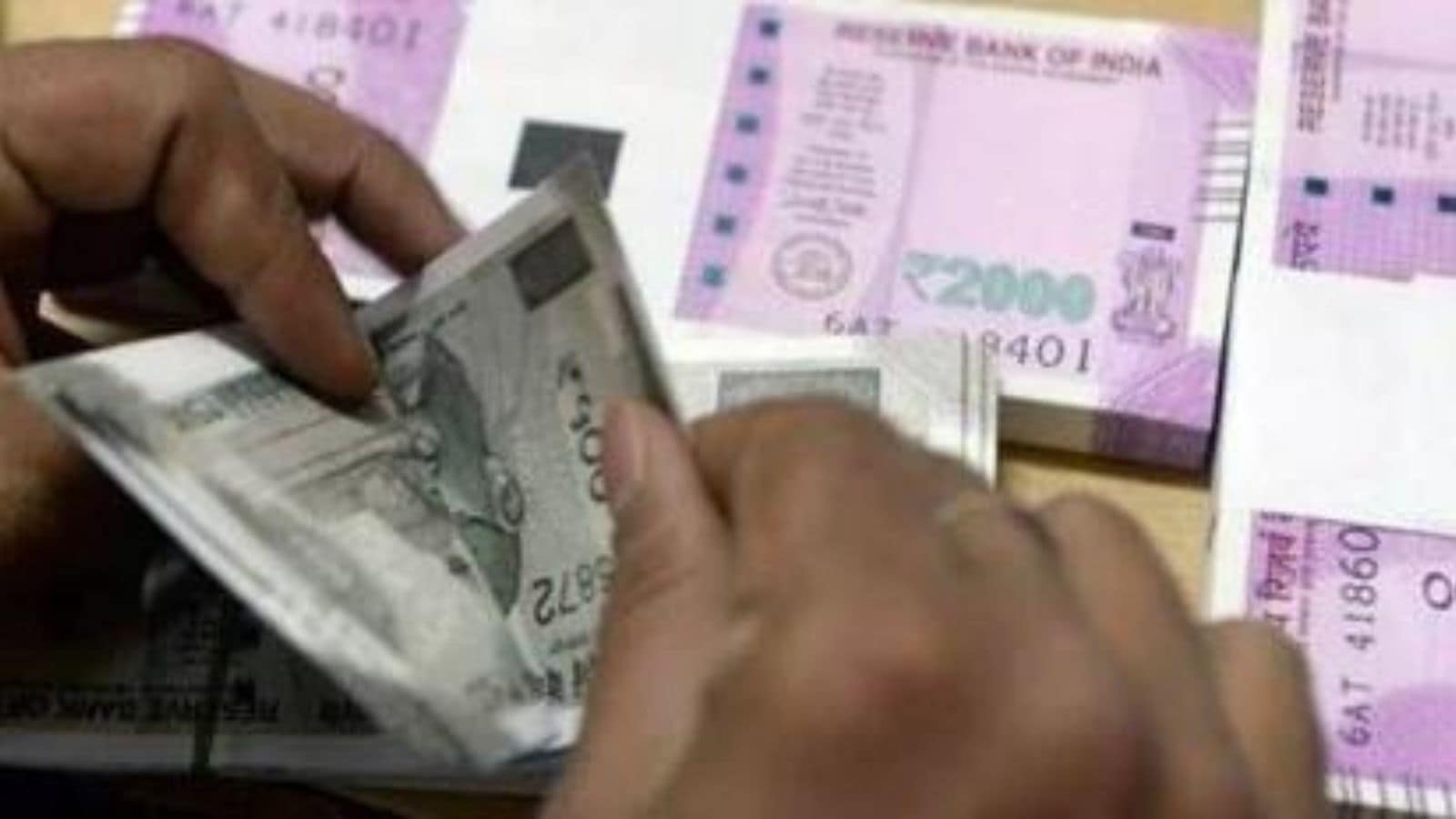The global money laundering and terror financing watchdog Financial Action Task Force (FATF) came out with the Mutual Evaluation Report for India on Thursday. While India gained comfort from being placed in the regular follow-up category, the FATF flagged certain areas for improvement: the need to strengthen prosecution in money laundering (ML) and terror financing (TF) cases, protecting the non-profit sector from terrorist abuse, and supervision and implementation of preventive measures.
The FATF is the global money laundering and terrorist financing watchdog. The Paris-based intergovernmental organisation was formed in 1989 as a G7 initiative to examine and develop measures to combat money laundering. In 2001, the FATF expanded its mandate to also combat terrorist financing.

The FATF, a 40-member body, has outlined a framework of measures to help countries tackle illicit financial flows. These are listed as 40 Recommendations that are divided into seven distinct areas: (1) AML/CFT Policies and coordination, (2) Money laundering and confiscation, (3) Terrorist financing and financing of proliferation, (4) Preventive measures, (5) Transparency and beneficial ownership of legal persons and arrangements, (6) Powers and responsibilities of competent authorities and other institutional measures, (7) International cooperation.
India became a member of FATF in 2010. Prior to this report, the FATF had undertaken an evaluation for India in June 2010. India was then placed in the “regular follow-up” category, but was subsequently removed after a follow-up report in June 2013. Due to the pandemic and pause in the FATF’s assessment process, the next round of mutual evaluation had been postponed to 2023. India’s onsite assessment by FATF happened in November last year, while the assessment came up for discussion in the plenary discussion in June 2024.
Mutual evaluation reports
The FATF monitors countries to ensure they implement the FATF standards fully and effectively. FATF mutual evaluations are in-depth country reports that analyse the implementation and effectiveness of measures taken against money laundering, terrorist and proliferation financing.
The reports are peer reviews, where members from different countries assess another country. After an analysis of a country’s anti-money laundering and counter-terrorist financing system, mutual evaluations give recommendations to further strengthen a country’s system.
Signficance of India’s ranking
The “regular follow-up” ranking is being seen as a favourable outcome by New Delhi, as some developed countries had raised objections. “Some developed countries pointed out that the onus of disclosing details of beneficial ownership is with the companies. We responded by saying that there are systems to identify investments coming from tax havens,” a government official said.
Story continues below this ad
The “regular follow-up” rating is currently shared by only four other G20 countries — the UK, France, Italy and Russia (suspended from FATF in February 2023). Most of the developing countries are in the “enhanced follow-up” category, which requires submission of reports on an annual basis, as against once in three years in the “regular follow-up” category.
Improvement areas for India
The FATF in its report said that the main sources of money laundering in India originate from within, and the country faces a “disparate range” of terrorism threats from regional insurgencies in the Northeast and North, and Left-Wing Extremist groups. The “most significant” terror threats seem to be related to the Islamic State or al-Qaeda linked groups active in and around Jammu and Kashmir.
India’s largest money laundering risks are related to fraud including cyber-enabled fraud, corruption and drug trafficking.
The FATF enlisted several areas for improvement: limited number of prosecutions and convictions, risk-profiling of customers of financial institutions, monitoring of the Ministry of Corporate Affairs (MCA) registry for availability of accurate owner information, and the link between money laundering and human trafficking.
Story continues below this ad
For the non-profit organisations (NPO) sector, the FATF said India should ensure that measures aimed at preventing the sector from being abused for terror financing are implemented.
It also called for major changes to address delays in prosecution of terror financing cases. Noting that there was a disruption to the progress of prosecution of cases under the Prevention of Money Laundering Act (PMLA) during 2014-2022 as the government faced several challenges to the constitutionality of the law, the report said although the number of money laundering investigations increased since the review period, the number of prosecution complaints and concluded trials did not show a proportionate increase.
It said between 2018 and the FATF team’s visit in 2023, the Enforcement Directorate (ED) was able to secure convictions in only 28 money laundering cases. “India should aim to reduce the number of pending trials in ML cases – both for new trials and for the backlog, addressing the low number of convictions associated ML cases and increasing conviction-based confiscation, by making major changes to increase the capacity of the court system, and potentially the capacity of the ED,” it said.

































